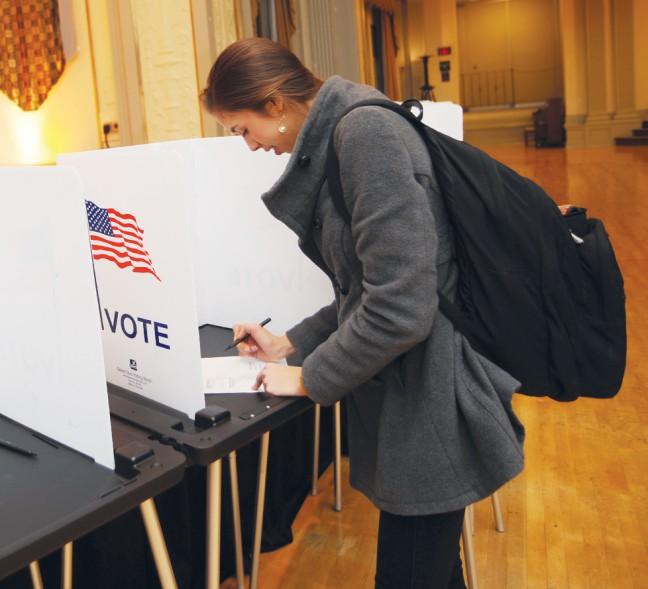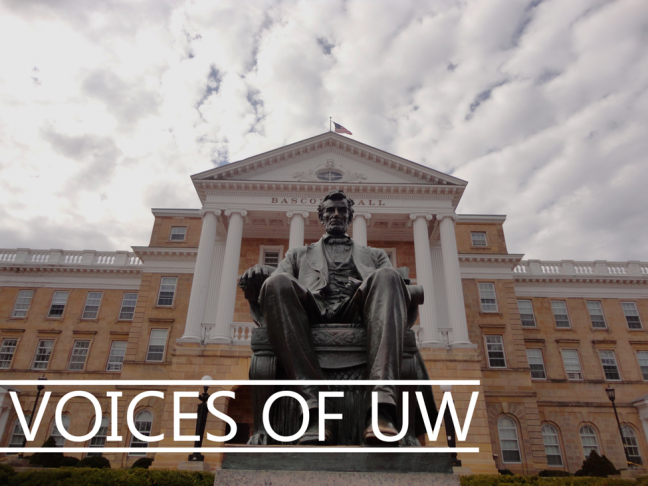Zach Butzler recently published an opinion piece in which he argued against the Student Labor Action Coalition’s approach in our campaign against Adidas. However, Butzler’s claims are empty and unfounded.
Butzler argues we should let the process of bargaining with brands “run its course” like we did with Nike, implying that in that case, the UW administration made its decision based on a protocol independent of students. However, this protocol would not exist without student activism. Student groups like SLAC organized nationally through United Students Against Sweatshops to help form the Workers’ Rights Consortium, which is the group that issued the report identifying Adidas’ contract violation in the first place.
Doing what is best for the university does not equate with appeasing student groups, Butzler claims. However, Ward should at least listen to student groups when they possess more expertise than him in the area. SLAC has 19 years of institutional knowledge about sweatshop issues, which is why chancellors have been quick to follow our recommendations in the past – including Ward when he agreed to have UW affiliate with the WRC in 2001. Further, the assertion that Ward knows more about this case than anyone amounts to advocating for students to accept any decision handed to us by administration, which directly contradicts the principles of shared governance.
According to Butzler, Ward is handling the situation in a “professional” manner. Frankly, it’s unprofessional to let a corporation who has signed our labor code of conduct blatantly violate the agreement by refusing to pay their workers. Accountability would mean putting Adidas on notice for a period of 90 days and then terminating our contract with them if the workers are still unpaid. Ward says he hasn’t put Adidas on notice because they could sue the university, yet senior university legal counsel Brian Vaughan has publicly stated that putting Adidas on notice is not legal grounds for them to sue us. Ward is ignoring the relevant specialists.
SLAC’s strategy is proven. After enough universities put sufficient pressure on these brands, the corporations pay their workers. We were the first university to cut a contract with Nike, and when other universities followed suit, it put enough financial and public pressure on Nike to force them to pay the Honduran workers. Now, it’s the same story but in a different country.
Unlike Adidas, who made more than $6 billion in profits last year, PT Kizone workers are not able to conform to Ward’s schedule. SLAC’s goal in this campaign is to get the workers of PT Kizone paid, and the way to make this happen is to put Adidas on notice. Pursuing only mediation is not as effective as it would be if paired with putting Adidas on notice, and it cuts shared governance groups and the general public out of the process, making it not only less transparent but undemocratic. While Butzler might be willing to deny responsibility for his power in the university, we are not.
Jon Perkins ([email protected]) is a junior majoring in political science and a member of SLAC.











